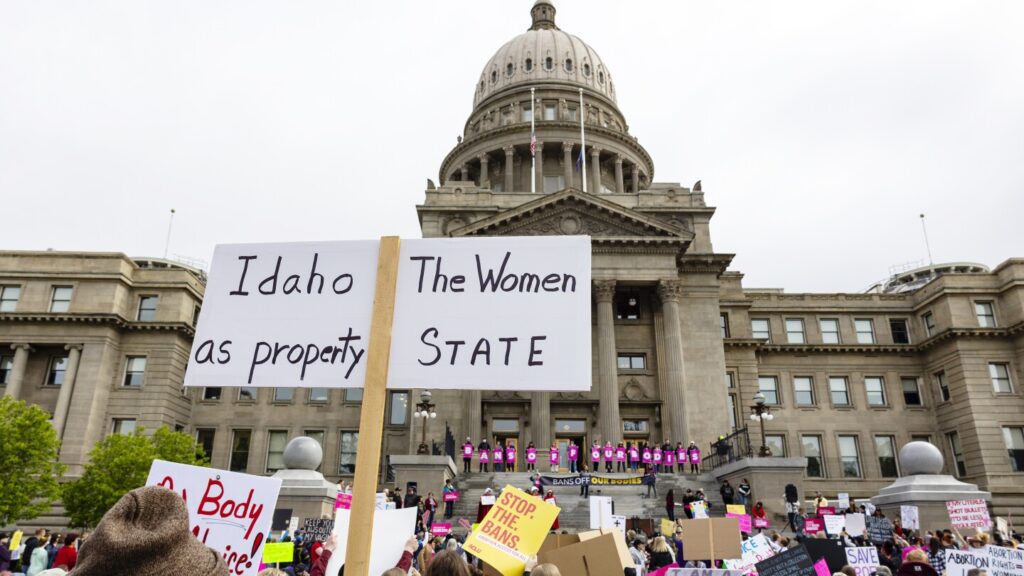In a surprising turn of events, President Donald Trump’s decision to drop a high-profile case has drastically altered the landscape of emergency abortion rights in Idaho. Previously, the Justice Department under the Biden administration had argued that emergency-room doctors must provide terminations to save lives or prevent serious health consequences. However, Trump’s move signifies a shift in how the Republican administration interprets federal law regarding urgent care amidst states’ abortion bans.
The legal battle stemmed from the 2022 U.S. Supreme Court decision overturning the constitutional right to abortion, with the Biden administration emphasizing abortion as a crucial aspect of stabilizing care mandated by federal law. Idaho’s abortion ban led to a lawsuit, highlighting the conflict between providing emergency care and considering the health of the unborn child. The case has navigated through the legal system, with the Supreme Court offering a narrow ruling that left key questions unresolved.
At the center of this issue is the Emergency Medical Treatment and Active Labor Act (EMTALA), which obligates emergency rooms to provide medical exams and stabilize patients in critical conditions. With Roe v. Wade overturned, concerns have arisen about pregnant women being denied necessary abortions due to legal ambiguities. Trump’s decision to withdraw from the Idaho case aligns with the Heritage Foundation’s Project 2025 goals, emphasizing state autonomy in abortion regulations.
This development comes amidst broader legal battles, including the Supreme Court’s stance on federal intervention in state abortion bans and concerns over telehealth access to mifepristone. The implications of Trump’s actions raise questions about the future of emergency abortion rights and federal involvement in reproductive healthcare decisions.

